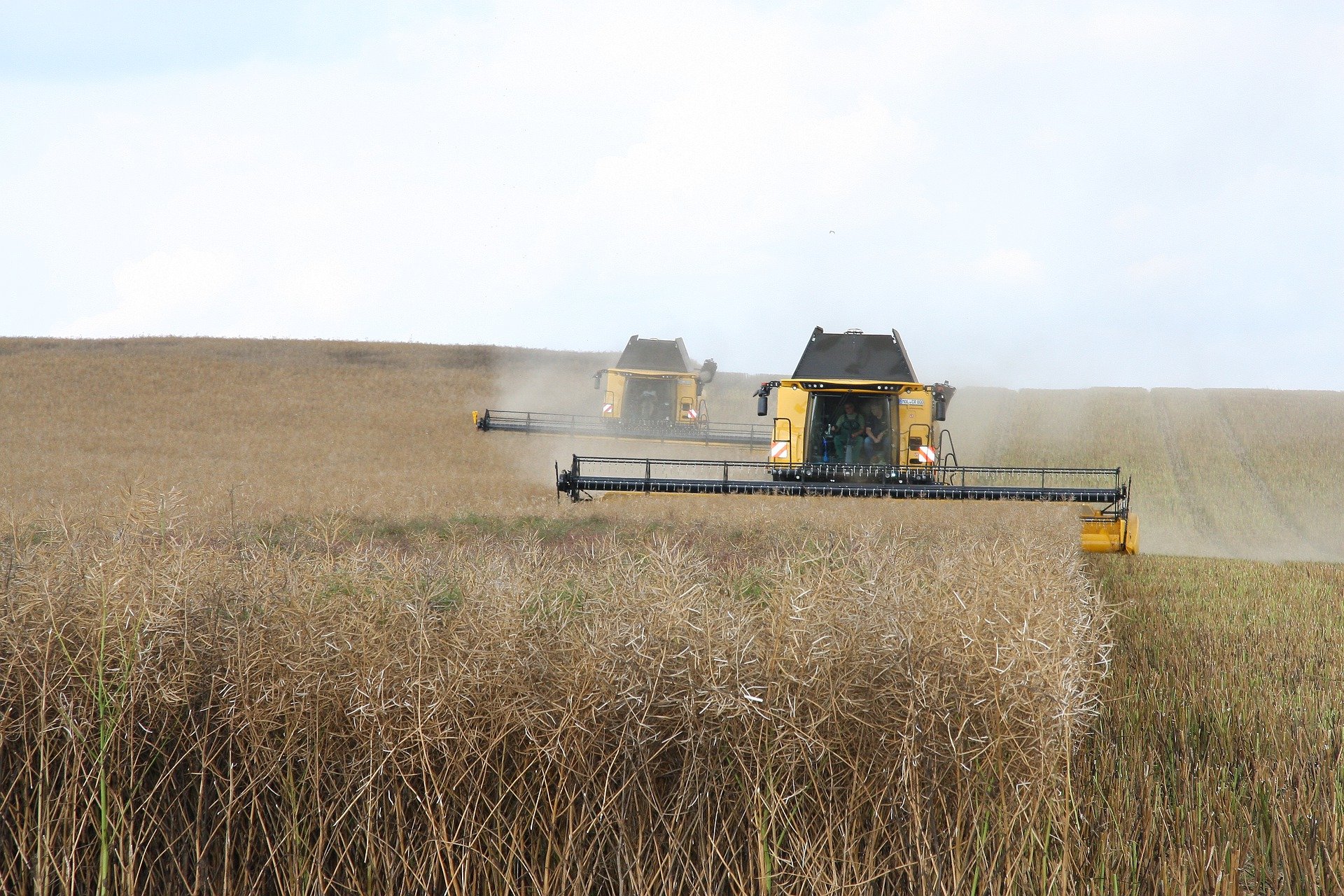Farm Career Opportunities and Pathways in Australia
Getting started in farming offers hands-on experience and diverse job options in Australia. From seasonal work to skill-building positions, exploring available roles helps individuals connect with agricultural opportunities while developing practical expertise in the field.

How To Start A Career In Farming In Australia
Beginning a farming career in Australia requires understanding both traditional agricultural practices and modern industry demands. Many successful farm workers start through apprenticeships, agricultural college programs, or hands-on experience with established operations. The Australian government supports agricultural education through various institutions, including technical colleges and universities offering degrees in agricultural science, farm management, and sustainable agriculture.
Practical experience often proves more valuable than formal education alone. Many newcomers begin by working on existing farms to learn seasonal cycles, equipment operation, and animal husbandry techniques. This approach allows individuals to develop essential skills while earning income and building industry connections. Regional areas often have higher demand for agricultural workers, making rural communities excellent starting points for career development.
Farm Job Opportunities And Roles In Australia
The Australian agricultural sector encompasses numerous specialized roles beyond traditional farming positions. Crop production roles include grain farmers, horticulturists, and viticulture specialists managing everything from wheat and barley to fruits and wine grapes. Livestock operations offer positions in cattle ranching, sheep farming, dairy operations, and emerging sectors like goat farming and aquaculture.
Modern farming increasingly requires technical expertise in areas such as precision agriculture, drone operation, and data analysis. Equipment operators, irrigation specialists, and agricultural technicians represent growing career segments. Management positions include farm supervisors, agricultural consultants, and agribusiness coordinators who bridge production and market demands. Support roles encompass agricultural mechanics, veterinary assistants, and logistics coordinators managing product distribution.
Beginner’s Guide To Farming Work In Australia
New entrants to Australian farming should research regional specializations and climate considerations affecting different agricultural areas. Each state offers distinct advantages, from Queensland’s tropical agriculture to Tasmania’s cool-climate crops and Western Australia’s extensive grain production. Understanding seasonal work patterns helps newcomers plan their career development and financial management.
Essential skills include physical fitness, mechanical aptitude, and willingness to work in various weather conditions. Basic agricultural knowledge covers soil management, plant biology, and animal behavior. Technology skills increasingly matter as farms adopt GPS-guided equipment, automated feeding systems, and digital record-keeping. Safety training and certification requirements vary by role but commonly include chemical handling, machinery operation, and first aid qualifications.
Networking within agricultural communities accelerates career development through informal job opportunities and mentorship relationships. Local agricultural societies, farmer associations, and rural community groups provide valuable connections and industry insights.
| Entry Level Position | Average Annual Salary Range | Key Requirements |
|---|---|---|
| Farm Labourer | $45,000 - $55,000 | Physical fitness, basic agricultural knowledge |
| Livestock Assistant | $48,000 - $58,000 | Animal handling experience, willingness to work outdoors |
| Crop Production Worker | $46,000 - $56,000 | Seasonal availability, equipment operation skills |
| Agricultural Technician | $55,000 - $70,000 | Technical education, specialized skills |
Prices, rates, or cost estimates mentioned in this article are based on the latest available information but may change over time. Independent research is advised before making financial decisions.
Career progression in farming typically follows experience-based advancement rather than rigid hierarchical structures. Successful farm workers often specialize in particular crops, livestock, or technical areas before advancing to supervisory or management roles. Some eventually establish their own operations or transition into agricultural consulting, equipment sales, or related business ventures.
The agricultural industry values practical knowledge, reliability, and adaptability to changing conditions. Climate variations, market fluctuations, and technological advances require continuous learning and flexibility. Professional development opportunities include specialized workshops, industry conferences, and advanced certification programs addressing emerging technologies and sustainable farming practices.
Geographic mobility often enhances career opportunities, as different regions offer varying seasonal work and specialization options. Many agricultural workers follow seasonal patterns, working harvest periods in different areas or transitioning between crop and livestock operations based on regional demands.
Australia’s agricultural sector continues evolving with sustainability initiatives, export market development, and technological integration creating new career paths. Understanding these trends helps newcomers position themselves for long-term success in this foundational industry that feeds both domestic and international markets while maintaining the country’s rural heritage and economic diversity.




